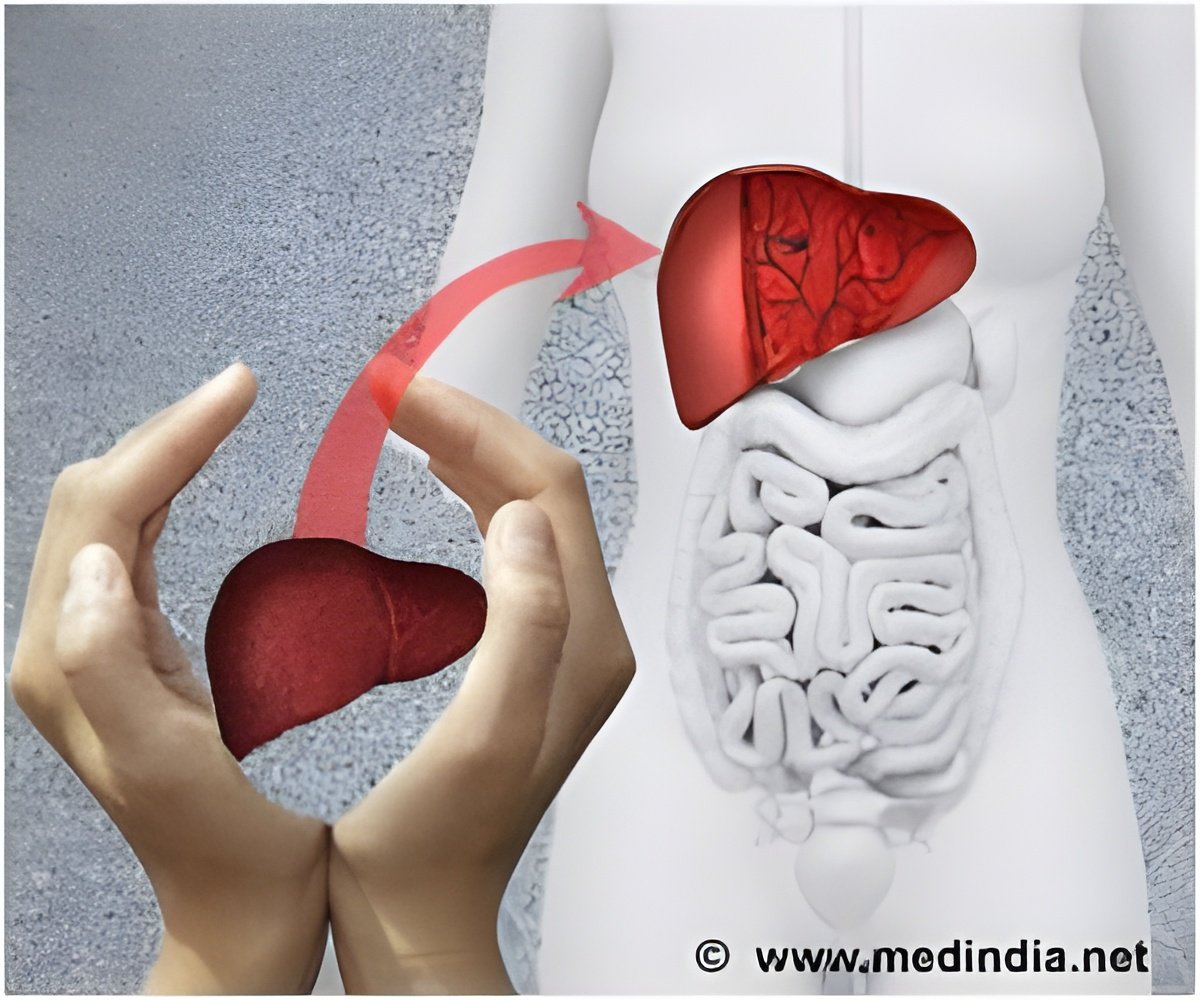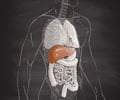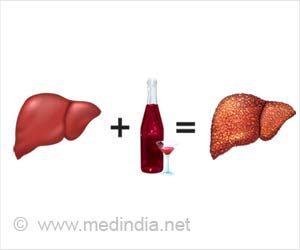Research may speed the identification of patients who need liver transplants by analyzing blood samples to look for biomarkers associated with liver failure.

Liver Transplantation for Liver Failure: A Challenging Scenario
A liver transplant is a surgery that removes a liver that no longer functions properly (liver failure) and replaces it with a healthy liver from a deceased donor or a portion of a healthy liver from a living donor. It is reserved as a treatment option for people with liver failure. Research findings published in the journal Clinical Gastroenterology and Hepatology could save lives by enabling faster and more accurate identification of hospitalized patients who need liver transplants or are likely to recover.‘Carbamoyl phosphate synthetase 1 (CPS1) may serve as a prognostic serum biomarker in the setting of acute liver failure (ALF).’





Retrospective analysis of blood samples and medical records from 270 patients admitted to the hospital with acute liver failure (ALF) found that concentrations of a short-lived but abundant serum protein called carbamoyl phosphate synthetase 1 (CPS1) helped predict which patients survive or die without a transplant.Any prognostic tool that helps distinguish patients likely to recover from those likely to die from their ALF — while transplant candidates are still healthy enough to survive the surgery — would thus be extremely valuable.
The same team of researchers has systemically established CPS1’s potential as such a tool. Their previous work has shown that the protein only reaches the blood when acute hepatotoxicants damage CPS1-rich liver cells.
Carbamoyl Phosphate Synthetase 1 as Prognostic Tool for Liver Failure
In the latest study, researchers reviewed records and samples from 103 patients with acetaminophen-induced liver failure and 167 with liver failure from other causes. Patients from the first group who received liver transplants or died within 21 days of hospitalization had, on average, about twice as much CPS1 in the blood as those who spontaneously recovered.Patients from the second group who died or received transplants also had higher CPS1 levels than those who recovered, about a third higher, but the researchers calculated an 11 percent chance that this was a coincidence.
Notably, an increase of CPS1 when comparing day 3 with day 1 of hospitalization, but not other liver enzymes that normally indicate injury, was found in a higher percentage of patients with acetaminophen-induced ALF who died or required liver transplantation.
Advertisement
Enhanced diagnostics, like CPS1, that allow earlier decision-making regarding the need for liver transplantation and that improve the predictability of outcome would improve the care of patients with ALF.
Advertisement
Source-Eurekalert














